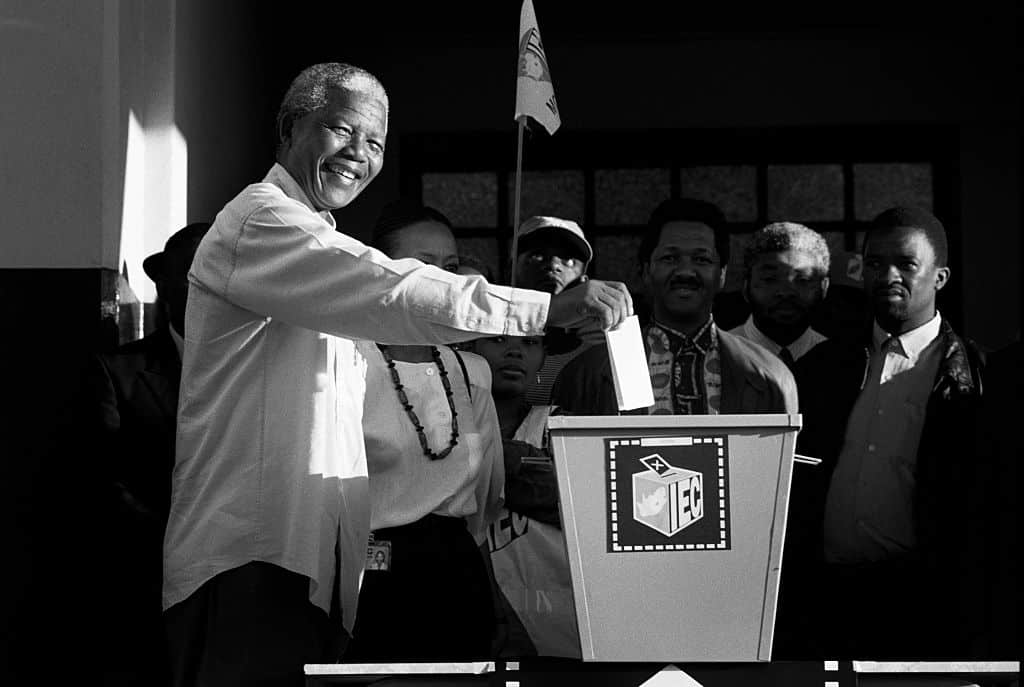Today marks three decades of a free South Africa. For many South Africans, Freedom Day is significant as it commemorates the end of apartheid in South Africa on April 27, 1994, when the nation held its first democratic elections.
South Africa is heading into election season now with the national polls set to be held on May 29.
The country’s President Cyril Ramaphosa addressed the people from the Union Buildings in the nation’s capital in Tshwane, Pretoria.
“Exactly thirty years ago on this day, freedom’s bell rang across our great land… On that day, as we cast our votes for the first time, a great heaviness lifted from our shoulders,” Ramaphosa said. “Even though our backs bore scars of the cruel lashes of those who had whipped and subjected us for more than three hundred years, on that day, as a united people, we stood tall.”
After casting his ballot, the country’s late President Nelson Mandela described April 27, 1994 as the beginning of a new era for South Africa.
The day holds great significance for the country as it was the first time that all South Africans, no matter their race or color, could vote. Commemorating those who “fought for justice, peace and freedom”, Ramaphosa urged all South Africans to see how far the country has come. As an “ideology”, Ramaphosa said that the apartheid regime was a system that sought to humiliate and degrade.
“Over the course of three centuries, the dignity of the black inhabitants of this land had been deliberately and cruelly denied, first by colonialism and then by apartheid,” Ramaphosa said. “Millions of black South Africans – African, Colored and Indian – were at the mercy of laws and practices that were enforced to serve the interests of a white minority. Their land was taken, their labor was exploited, their prospects were stunted.”
Today was also about remembering Mandela, the country’s first democratically elected president.
“In his memory, we will continue to work tirelessly to achieve the democratic ideals to which he and many other heroes and heroines dedicated their lives,” Ramaphosa told South Africans. “Few days in the life of our nation can compare to that day, when freedom was born.”
The Nelson Mandela Foundation tweeted: “Let’s remember why voting matters. On 29 May we have a chance to shape our future. Every vote counts – let’s make sure our voices are heard.”
According to Ramaphosa, although South Africa has experienced setbacks, the country’s economy has tripled in size since 1994.
Unemployment, however, still remains South Africa’s most pressing challenge, but Ramaphosa stated that the number of South Africans in employment increased from eight million in 1994 to over 16.7 million now.
